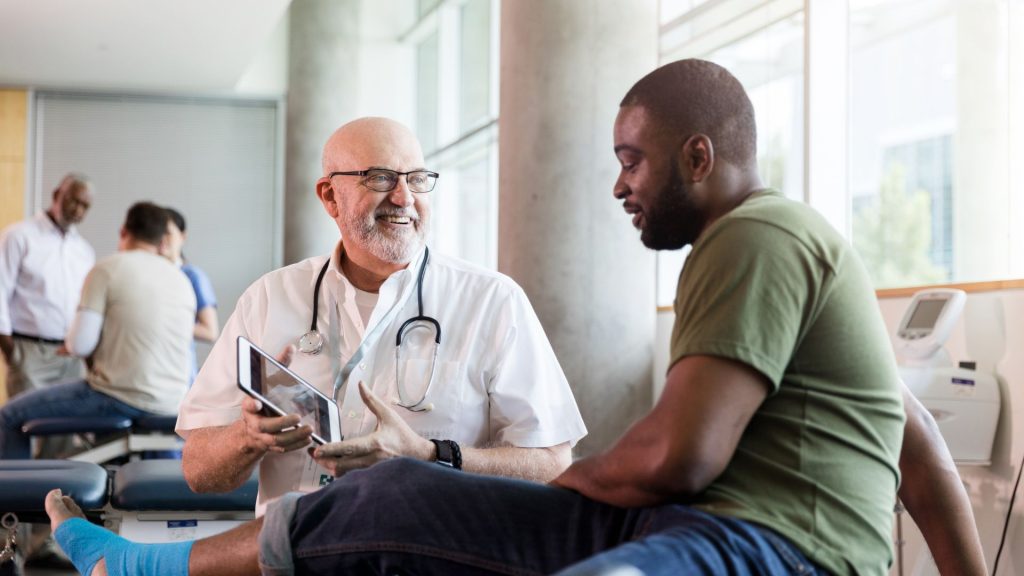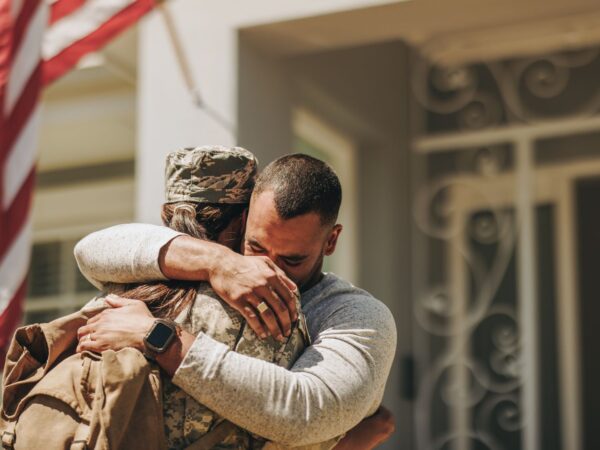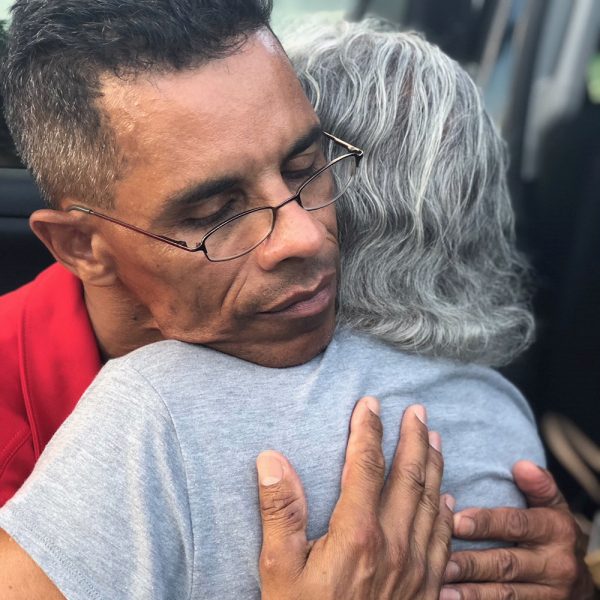Support our Nation's Heroes Throughout Recovery
While military and civilian hospitals share many similarities, military hospitals, such as the prestigious Walter Reed National Military Medical Center, are distinct in several ways. They provide medical care to military personnel and their families and specialize in practices relating to military service. To provide for this specific demographic, military hospitals differ from civilian hospitals in patient population, size and scope, funding, and research and development.
Luke’s Wings is a nonprofit organization that provides emergency travel planning services and free airplane tickets for the loved ones of wounded, ill, and injured service members during recovery and rehabilitation. Our mission is to give our heroes the appreciation and support they deserve to overcome their unique challenges. To learn more about our programs, call us at (800) 609-9920 today!
Below, we detail the differences between military and civilian hospitals:
1. Population
While civilian hospitals serve the general public, military hospitals primarily serve wounded active-duty military personnel, their families, and military retirees. This population is eligible for treatment through military programs and benefits and doesn’t generally utilize private insurance or out-of-pocket payments as civilians do.
2. Size and Scope
Both military and civilian hospitals treat physical and mental ailments, though military hospitals specialize in combat-related injuries and illnesses such as PTSD and traumatic brain injuries.
While civilian hospitals are more generalized, larger, and diverse in services, military hospitals are often smaller and house military-relevant units—burn units, prosthetic clinics, and more.
Although military hospitals are smaller on average, there are varying sizes throughout the nation. One of the largest such military hospitals is Walter Reed Hospital in Maryland.
3. Funding
Military hospitals are funded by the government, while a combination of government programs, private insurance, and other sources funds civilian hospitals. That said, military hospitals offer less financial flexibility than civilian hospitals. However, you can make a difference by donating to military hospitals and charities to fund medical treatment.
4. Research and Development

Military hospitals are often at the forefront of medical research and development, particularly in trauma care and battlefield medicine. While military hospitals devote significant resources to advancing treatments specific to military service, they’re also responsible for many innovations adopted by civilian medicine. Civilian hospitals focus more on research and development in common areas such as cancer and chronic disease treatment.
Receive Emergency Travel Aid to Walter Reed Medical Center
Luke’s Wings is a nonprofit organization that provides complimentary travel planning and airfare to the loved ones of service members at military hospitals, such as the reputable Walter Reed Medical Center. We give back to our nation’s heroes by reconnecting military families in times of need. Call (800) 609-9920 today to learn more about our programs.






